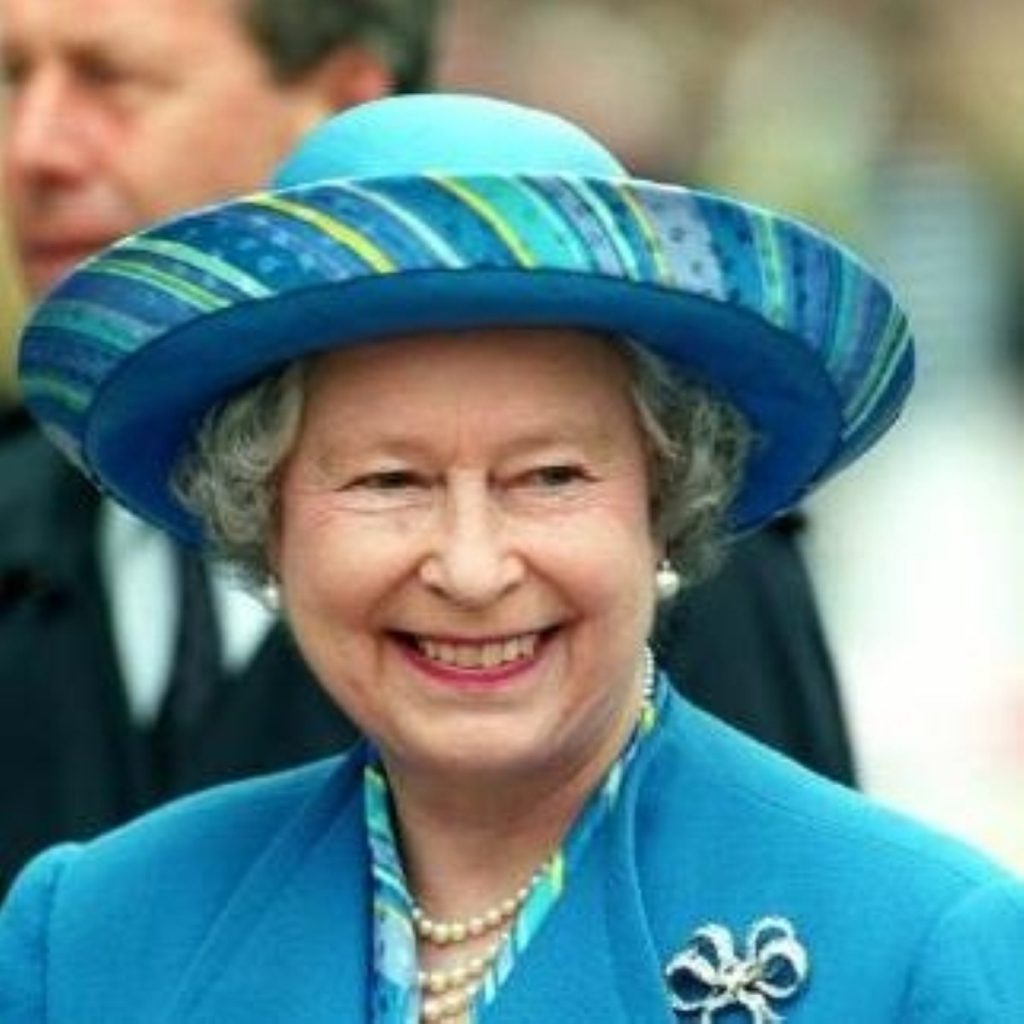Radical shake-up of monarchy proposed
A left-wing think tank has called for a radical shake-up of the monarchy, including an end to the Queen’s supremacy over the Church of England.
The Fabian Society’s year long inquiry into the future of the monarchy recommends far-reaching changes into the fabric of UK royalty, but stops short of calling for the abolition of the Royal Family as an institution.
The inquiry was chaired by David Bean QC and comprised ten independent members, including Labour peer Lord Waheed Ali, constitutional historian Lord Kenneth Morgan and Professor Dawn Oliver, constitutional law expert at University College, London.
The commission – which was launched around the time of last year’s Golden Jubilee celebrations – argues that the monarchy needs to continue to evolve if it is to retain public support and to meet the needs of a changing society and constitution.


It calls for the end of the Queen’s role as head of the Church of England and the end of the age-old law of banning the monarchy from marrying Catholics. It also recommends the end of the male precedence to the throne to allow daughters of the sovereign to be next in line.
Carrying out such changes could enable the Prince of Wales to marry Camilla Parker-Bowles in the future. At present being the head of the Church of England restricts the future King’s ability to marry a divorcee.
Meanwhile, the proposed changes to the position of the monarchy in the Church of England appears to mirror Prince Charles’ calls for the monarch to be the ‘defender of faiths’ rather than ‘defender of the faith’.
The Fabian commission believes that whilst the monarch should be allowed to choose which faith he or she follows, their position should reflect Britain’s multi-cultural society.
And in an attempt to ‘depoliticise’ the monarchy’s powers and duties, the commission report recommends reform of the royal prerogative powers currently exercised by the Prime Minister and government, such as the power to go to war without parliamentary approval and to appoint senior public figures.
These powers should be put on a statutory basis, with Parliament deciding who should exercise them, the commission finds.
It also calls for changes to the State Opening of Parliament, proposing that it take place only at the start of a new Parliament, not annually.
The Queen should deliver a speech of her own, with the Prime Minister setting out the government’s legislative programme on a separate occasion.
Commission chair David Bean said that Britain had been through “very significant constitutional change” in recent years.
But he added: “The missing piece in the jigsaw is the position of Head of State. In every other European constitutional monarchy the role is clearly defined in law, it is depoliticised, and the public and private elements of royalty are kept clearly separate.
“The same principles should now be adopted in Britain. The Queen herself called last year for continued evolution. We believe our proposals would command wide public support.”
The commission also proposes a reduction in the number of members of the royal family receiving public funding.
And it says that a reigning monarch should be allowed to ‘retire’ rather than being required to go on till death, and it recommends the opening of royal land, buildings and art to the public “wherever possible”.
Conservative MP Andrew Rosindell attacked the modernisation recommendations as unnecessary and counter-productive.
“I do not understand why we keep returning to this issue”, Mr Rosindell told BBC Two’s ‘Daily Politics’. ‘ The monarchy is hugely popular. That was proved last year with the Golden Jubilee. I do not find anybody that says to me as an MP that they want to see the monarchy altered.”
“I think people understand that the monarchy is a symbol of unity in our country. To fiddle around with it and to undermine it in this way does no service to our country at all.”
“It is up to the monarchy to evolve and adapt based on circumstance. But I am not in favour of continually interfering in the way the monarchy operates because it is successful. Why change something that works?”
He added: “I have not said that the monarchy should not change. It has evolved and has changed over many centuries and that will continue. But it is not for us to sit here and pontificate because we are a democracy but our democracy is underpinned by having the monarchy.”












